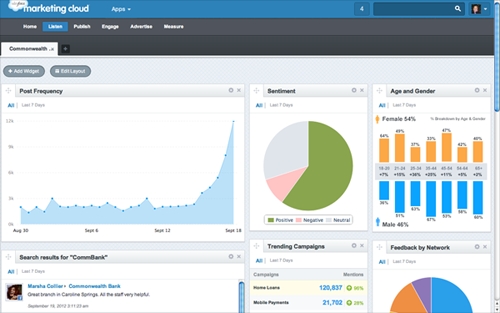“The biggest risk for Australian business journalists is being sued into oblivion” said Paddy Manning at a Walkley Media Talks Panel in Sydney last Thursday.
Joining Paddy on the panel was The Australian’s Anthony Klan, the ABC’s Tikki Fullerton and moderator Peter Ryan who looked at the challenges facing business journalists seeking to separate truth from business PR spin.
Business superinjunctions
The problem facing Australian business journalists is a legal system that favours those who want to suppress facts – it’s a game only the wealthy can play and rich fraudsters use it well as we’ve seen over the years in corporate Australia.
Manning described one occasion where he obtained information on a prominent businessman’s affairs and, within hours of asking the gentleman for comment, found he and the Fairfax had been hit with a court injunction with such vague wording it may have any of his employer’s outlets from mentioning the man at all.
These injunctions were the rule, not the exception. Manning went on to tell how Sydney Morning Herald business writer Michael West spends one day a week on legal matters while his colleague Adele Ferguson was even preventing from writing about documents that were on the public record.
Klan trumped that with the seventy injunctions he’s received over stories on the mortgage debenture scandals, an ongoing sore on Australia’s investment industry which threatens to steal many retirees’ savings.
The problem of pre-emptive injunctions stemmed from the ethical requirement of giving a ‘fair opportunity for reply.’ In seeking comment from those engaged in shoddy – or downright – illegal practices, it gives those with something to hide the opportunity to run to the courts who are all to willing to issue wide ranging orders.
An advantage for bloggers?
Interestingly, Justice Leveson of the UK inquiry into press conduct made an observation about the disadvantage mainstream media has before the law during his visit to Australia earlier this year.
online bloggers or tweeters are not subject to the financial incentives which affect the print media, and which would persuade the press not to overstep society’s values and ethical standards.
While Leveson had it wrong about financial incentives, it’s actually the media’s ethical standards which are the restraining influence. Professional journalists quite rightly don’t like breaching their trade’s code of conduct.
As Leveson opined, bloggers don’t necessary hold themselves to the same standards so they are more likely to publish and be damned.
Where Leveson was utterly and totally wrong is bloggers’ immunity to the law.
Bloggers rejoice in placing their servers outside the jurisdiction where different laws apply. the writ of the law is said not to run. It is believed therefore that the shadow of the law is unable to play the same role it has played with the established media.
That’s nonsense and it’s a matter of time before a blogger goes to gaol for disobeying a court. When that does happen it will be interesting to see how the established media reacts to this.
From the panel discussion it was quite clear that professional business journalists have no intention of breaking the law or their code of ethics, although all are united in their determination to protect sources if they were order to divulge by a court.
The cost of suppressing news
What really stood out from the panel was how the law is being used to stifle examination of Australian business behaviour. In the audience Q&A, veteran reporter Colin Chapman pointed out Australia sits at 26th on the World Press Freedom Index.
The lack of a truly free press could just be seen as journalistic hand wringing, but there’s a real world effect of this – those retirees who will be ripped off by crooked financial advisers and mortgage funds would have a better chance of protecting themselves were they able to see Anthony Khan’s articles on the topic.
Just as crooks have been able to prosper in the absence of press scrutiny, so too have supine, incompetent and lazy regulators.
All too often agencies – such as the ACCC, ASIC, ASX or ATO – have only been woken from their slumbers when prodded by a media scandal, lack of scrutiny has allowed government regulators to get away with not doing their jobs.
This poor enforcement is reflected in international comparisons. The World Bank ranked Australia as 70th in the world for protecting investors, way below Colombia, Thailand or Kazakhstan.Australian business reporters find themselves in a difficult position being caught between the tightening economics of the media industry and a legal system that is more focused on protecting knaves rather allowing society to be informed.That problem facing journalists is a problem for every Australian who’s being kept in the dark about their investments.
Similar posts:





